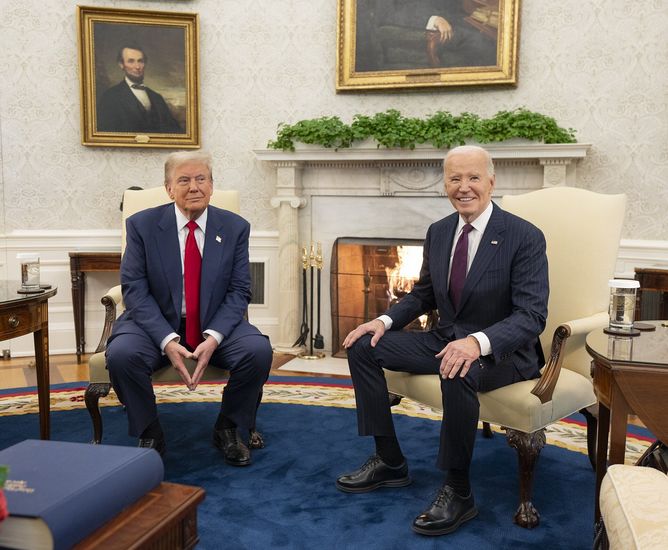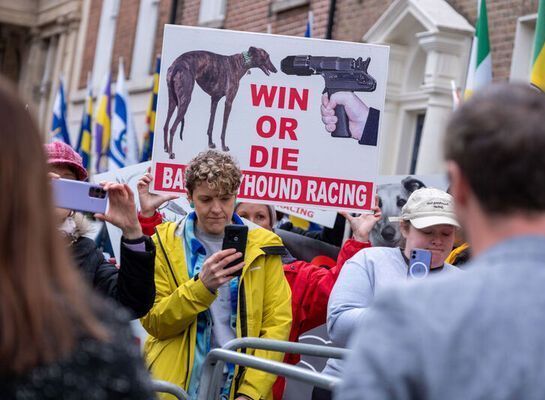Geraldine Finucane and a photo of her murdered husband, Pat
By Anthony Neeson
The Finucane family and the Irish government have welcomed the Council of Europe Committee decision to reopen the investigation into the murder of human rights lawyer Pat Finucane.
The Belfast solicitor was shot dead by the UDA in February 1989 in one of the most high profile cases of British state collusion during the Troubles. His wife Geraldine was wounded in the attack on their North Belfast home.
Last September the Council of Europe expressed its “deep concern” that the UK government had not reacted to a judgement by the UK Supreme Court which had found that there had not been an investigation into the murder of Pat Finucane. Now Europe’s leading human rights body is to re-open a case on the murder after the British government in November last year said it would not hold a public inquiry into the murder.
Pat’s son, John Finucane, who is the Sinn Féin MP for North Belfast, said it was a matter of great disappointment that the British government “must be compelled in this way given that we are almost twenty years on from their original commitment to hold a public inquiry.
“This is a hugely significant move. Thirty-two years on from the killing, a full and properly human rights compliant investigation has yet to be carried out.
“The British government have been criticized internationally for their failure to establish an inquiry and this level of scrutiny is vital to ensure truth can finally emerge.
“The Council of Europe oversight will ensure ongoing processes will proceed promptly and in line with European Convention legal standards.
"The British Government need to end their stalling tactics and fulfil the promise it made many years ago, and hold a full and independent public inquiry into the killing of my father, Pat Finucane.
“It must also live up to its commitment and obligation to implement the legacy mechanisms agreed in the Stormont House Agreement in a human rights compliant manner."
Geraldine Finucane also welcomed the announcement.
"The reopening of supervision by the Committee of Ministers is a rare development at the European level," she said. "It occurs only in the most serious of cases and in the face of clear failures by the Respondent government," she said.
"The excuses of the UK Government have worn thin and the European Committee of Ministers has signaled this very clearly in taking the decision it has."
Irish Minister for Foreign Affairs Simon Coveney said: "Ireland welcomes the decision being taken by the committee today to reopen supervision in the case of Pat Finucane."










